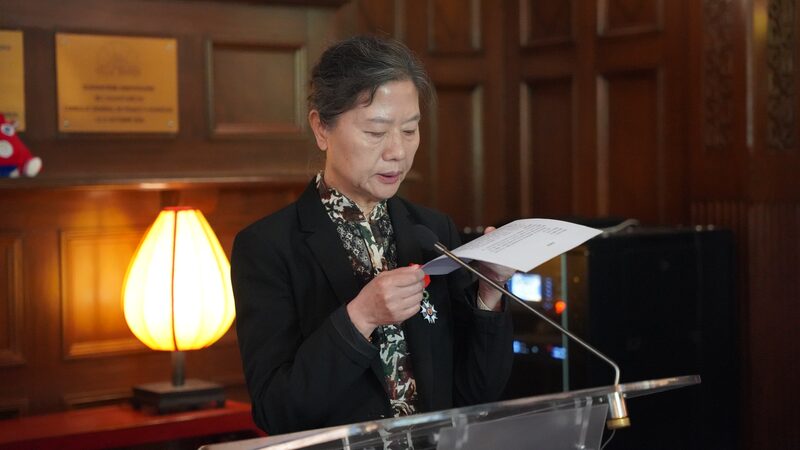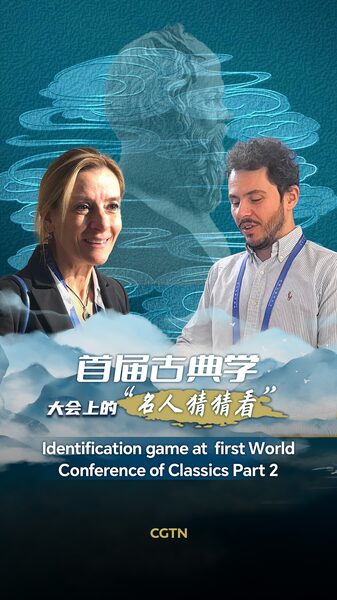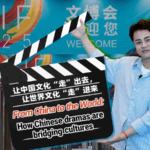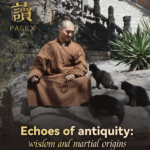From school textbooks to late-night reading sessions, Russian literature has carved a permanent space in China’s cultural heart. 🧡 Whether it’s Tolstoy’s epic dramas or Pushkin’s poetic wisdom, these stories bridge continents and generations. Here’s why they’re still trending!
📖 The ‘Tolstoy Effect’ in Chinese Classrooms
Leo Tolstoy’s War and Peace isn’t just a novel—it’s a rite of passage for Chinese students. His themes of resilience and moral struggle resonate deeply, blending seamlessly with China’s emphasis on storytelling as a tool for education. Bonus trivia: Did you know parts of the book were originally written in French? 🇫🇷
✨ Translators as Cultural Heroes
Meet Sheng Junfeng (pen name Cao Ying), the legendary translator who brought Tolstoy’s works to life in Chinese. His translations didn’t just introduce characters like Natasha Rostova—they sparked debates about social justice and spirituality among intellectuals. Talk about #BookPower!
🌸 Poems & Life Lessons
Pushkin’s If Life Deceives You and Katayev’s The Flower with Seven Colors aren’t just literature—they’re life hacks for young readers. These works blend optimism and moral wisdom, making them staples in Chinese schools even today.
As Sino-Russian ties evolve, these stories remain a shared language of empathy and curiosity. Who said classics can’t be cool? 🤝
Reference(s):
cgtn.com




